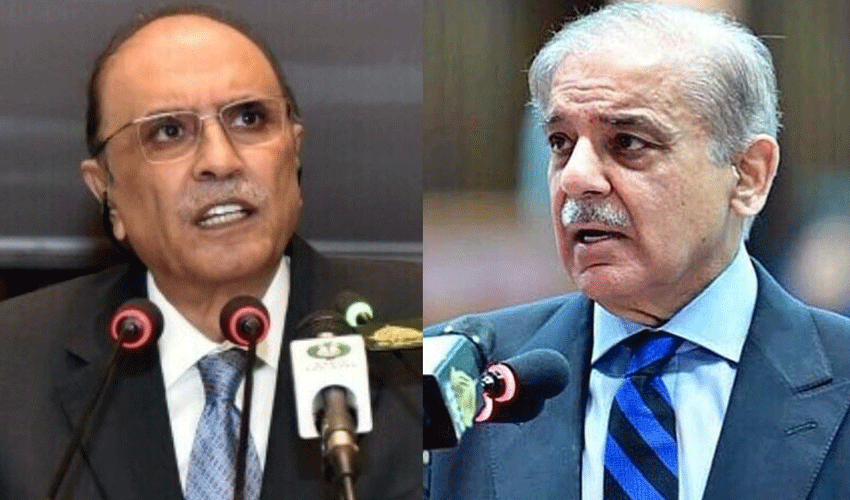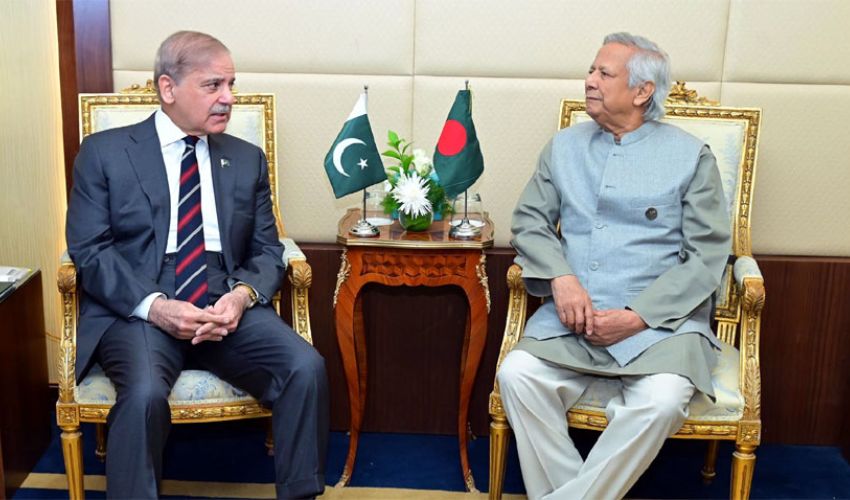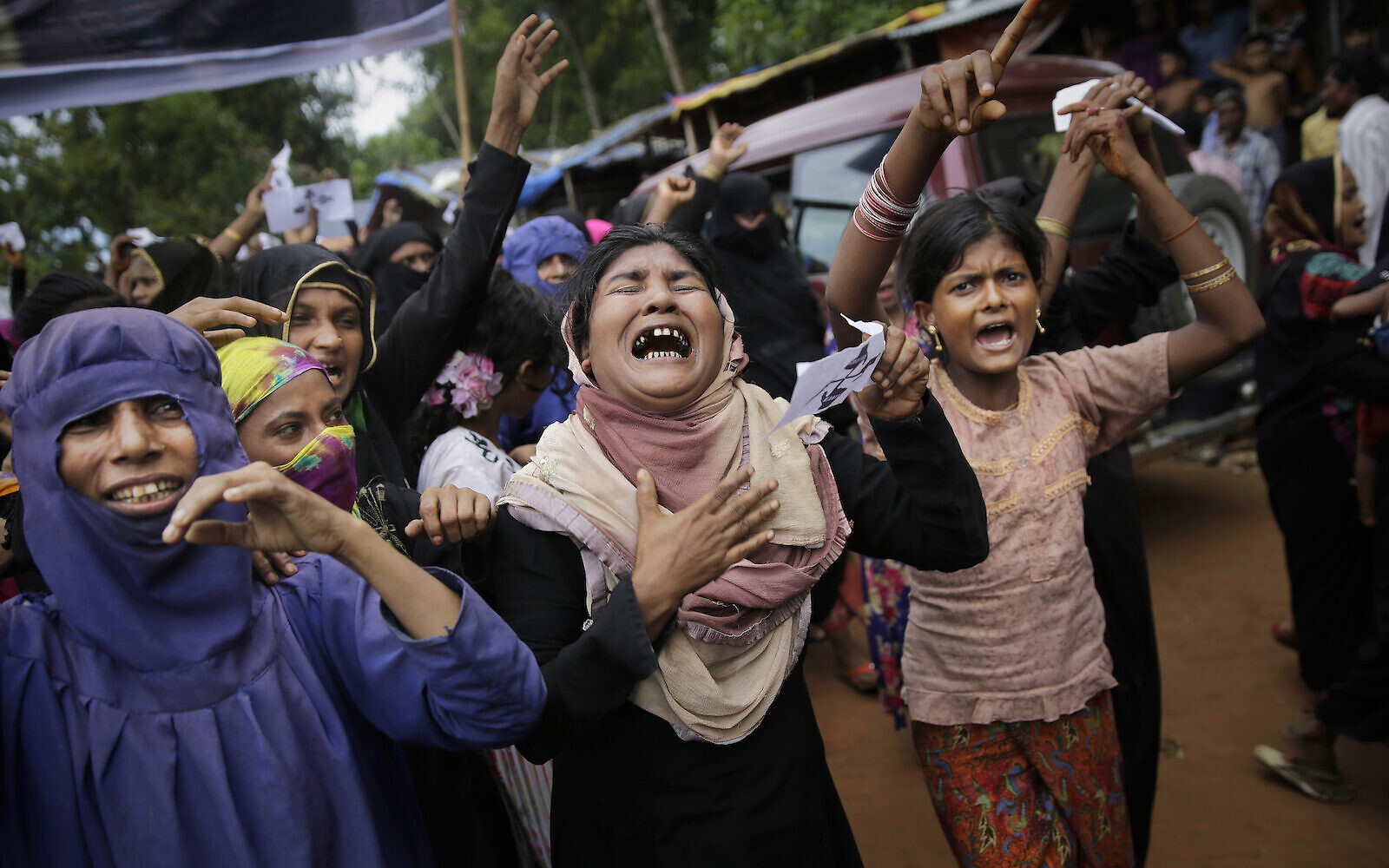Hamas has announced that it has reached an agreement with Israel, brokered by mediators, to proceed with the simultaneous release of 602 Palestinian prisoners and the bodies of four Israeli hostages.
In a statement issued on Tuesday, Hamas said the deal would facilitate the release of Palestinian prisoners who were due to be freed last week but remained in Israeli custody. The agreement was confirmed by an Israeli official to The Times of Israel, with a source familiar with the matter stating that Egypt will oversee the exchange.
Delayed release resolved
“The issue of the delayed release of Palestinian prisoners, who were supposed to be freed in the last batch, has been resolved,” Hamas stated.
“They will be released simultaneously with the bodies of the Israeli prisoners agreed upon for transfer during the first phase, in addition to an equivalent number of Palestinian women and children.”
The negotiations took place in Cairo, where a Hamas delegation led by senior official Khalil al-Hayya met with Egyptian mediators. Hamas reiterated its stance that all terms of the ceasefire and prisoner exchange deal must be fully adhered to.
Israeli concerns over previous violations
Israel had initially refused to release the Palestinian detainees, citing Hamas violations during the handover of the remains of the Bibas family members, as well as what it termed as “propaganda ceremonies” held during previous hostage releases.
An Israeli official earlier in the day stated that Hamas had assured mediators it would refrain from holding such events during the release of the four Israeli hostages' bodies. However, similar assurances were given before the transfer of the Bibas family remains and the body of Oded Lifshitz, which were reportedly not upheld. This led Israel to withhold the Palestinian prisoners’ release until further guarantees were in place.
Role of Egyptian mediation
The breakthrough comes amid growing concerns over the stability of the ongoing ceasefire. Egyptian officials, who have been acting as key mediators between the two sides, are expected to supervise the implementation of the latest agreement.



























